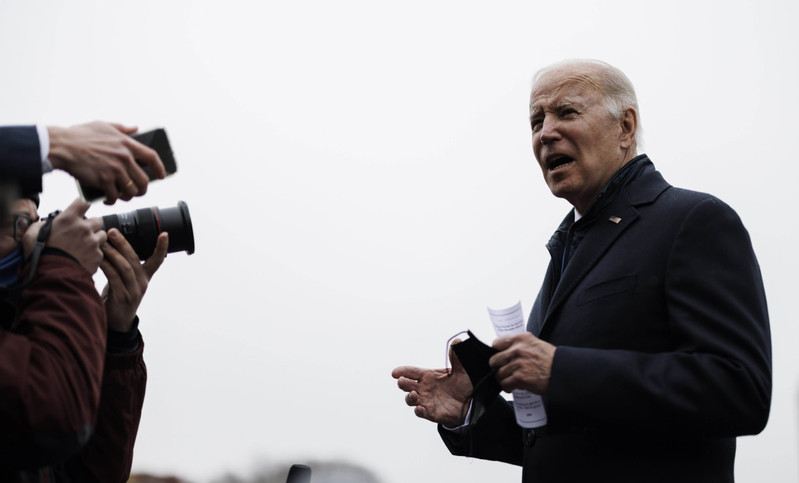
Our pandemic-stricken world is witnessing a bizarre show this week-the United States is hosting a Summit for Democracy, while ignoring its own ills and the need to battle the COVID-19 virus, which has levied a heavy death toll on the host nation.
However, it is obvious that US democracy has been infected with money politics, masked under the guise of one person one vote.Over the years, this style of democracy has not only resulted in death and trauma for the people of the United States, but other people around the world.
From the country's beginning, the US' founders wanted to establish a beacon of democracy, but since then democracy has declined to the point where it is a rich man's game.
Marcus Hanna was an American businessman and Republican politician who served as a senator in the late 19th and early 20th centuries and was chairman of his party's national committee. He was a prototype of the political kingmaker who promoted presidential candidate William McKinley to the White House in 1897, and reputedly said: There are two things that are important in politics. The first is money, and I can't remember the second.
By 2020, President Joe Biden had confirmed Hanna's words by claiming the largest donation of any presidential campaign, and spending many times more than the amount Hanna had.
The US seems to be immersed in a process of capital politics, with money filtered through the system to influence elections, legislation and administrations, much to the delight of an elite group of capitalists.
Yet the capital-controlled media, especially the new area of social media, has been propagating the idea of one person, one vote for a long time. Sadly they ignore the legislative loosening of limits on candidates' corporate fundraising, which effectively legalizes systemic corruption in US elections.
And the same media salutes redrawing of electoral district borders and rule changes, which come at the cost of undermining the will of voters. This also happens against the backdrop of Islamophobia and racism in a polarized US society.
The White House and US Department of State have long been promoting democracy and forcing other countries to follow our directions. From Pan-Americanism in the 19th century, to various revolutions in Eurasia, to the recent Arab Spring in the Middle East and North Africa, the long arms of the US have orchestrated the toppling of governments to suit its own needs, leaving societies in chaos and millions of people in suffering.
Even worse, Washington's military intervention in South America, the Middle East and Central Asia has left hundreds of thousands of people dead, many of them civilians, and millions of others homeless.
Today, the US Department of State talks of its ability to acknowledge its imperfections and confront them openly and transparently. But they are slow to right the wrongs against nonwhite residents, let alone compensate people for the loss of lives and properties in other countries targeted in recent decades under the guise of the US spreading its form of democracy.
Instead, the US prefers to ignite blame games, and is keen on highlighting authoritarianism, corruption, and human rights issues, but only in other lands, of course. When will US politicians answer human rights questions about the more than 790,000 people who have died from COVID-19 in their country, many of whom might be alive today if the situation had been handled better.
If US politicians are indeed sincere about confronting imperfections in US-style democracy, they should prioritize this summit to find solutions on saving lives, both in the US and in the developing world, and stop hampering peoples' livelihoods if they have no ways to improve them.
Above all other issues, saving lives is the best way to show respect for human rights. If the US cleans its own house of systemic corruption and its devastating intervention in the affairs of other countries, it will be a move welcomed by all.
The author is executive director of the Pakistan Research Center for a Community with Shared Future, Communication University of China.
